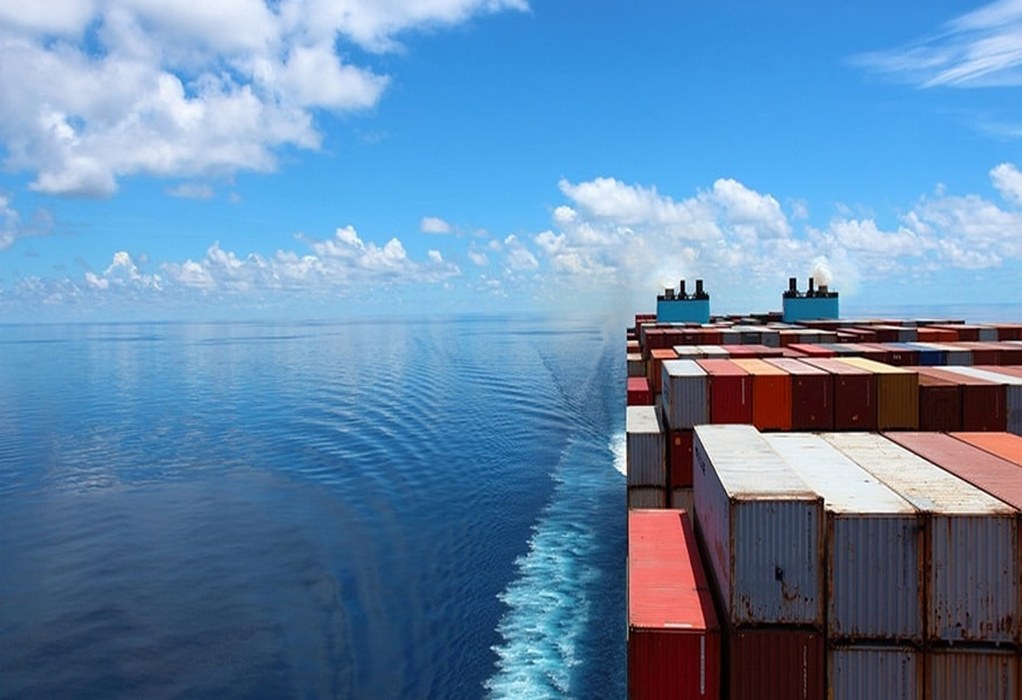Ships in European Union seas could face significant fines not only for oil spills, but also for sewage and garbage discharge, transport and tourism committee MEPs said.
The committee voted to update EU rules on preventing pollution from ships in European seas and ensuring perpetrators face fines. It would ensure all international standards on preventing illegal discharges from ships, developed by the International Maritime Organization, become part of EU law and as a result become more easily enforceable.
MEPs supported the proposal to extend current EU rules prohibiting the discharge of oil and noxious liquid substances to include the discharge of sewage, garbage, and residues from scrubbers.
They want shipowners to bear the responsibility for any environmental damage caused by ship pollution, in case the master or crew responsible for the illegal discharge can no longer be found or cannot afford to pay the full amount of the penalty. MEPs also want EU governments to avoid setting maximum or minimum penalties for infringements to ensure that the effectiveness and proportionality of penalties are not undermined.
Current EU rules have been responsible for the introduction of the CleanSeaNet, a European satellite-based alert system for oil spill and vessel detection. Because this system lacks reporting on how pollution incidents were followed up, transport MEPs are in favour of encouraging more information exchange between member states and the commission on pollution incidents. They also want 50% of CleanSeaNet alerts to be verified on the spot and as soon as possible, to prevent an illegal discharge from dispersing and therefore becoming undetectable by the time of arrival on the location.
The draft negotiating mandate was approved by 36 votes to one. Transport committee MEPs also unanimously backed a decision to start talks with member states on the final shape of the legislation, once plenary has given its green light.
Tags: Discharges, Europe, Ships



Recent Posts
Stena Line’s Hybrid Ferry Stena Futura Completes Sea Trials, Set to Boost Irish Sea Freight Capacity
Taiwanese owner makes methanol move with WinGD across multiple engine orders
Econowind installs four VentoFoils on tanker M/T JUTLANDIA SWAN
Global Maritime Groups Unite to Launch Alliance for Electrification of Shipping Sector
India Charts Green Future for Maritime Sector with Hydrogen Hubs and Sustainable Port Strategy
ZeroNorth’s SMARTShip platform integrates with ClassNK MRV portal to automate emissions reporting
Towngas Partners with TLB, Pacific Basin to Advance Green Marine Fuel Infrastructure in Hong Kong
SECI Extends Bid Deadline for Green Ammonia Tender Under SIGHT Scheme